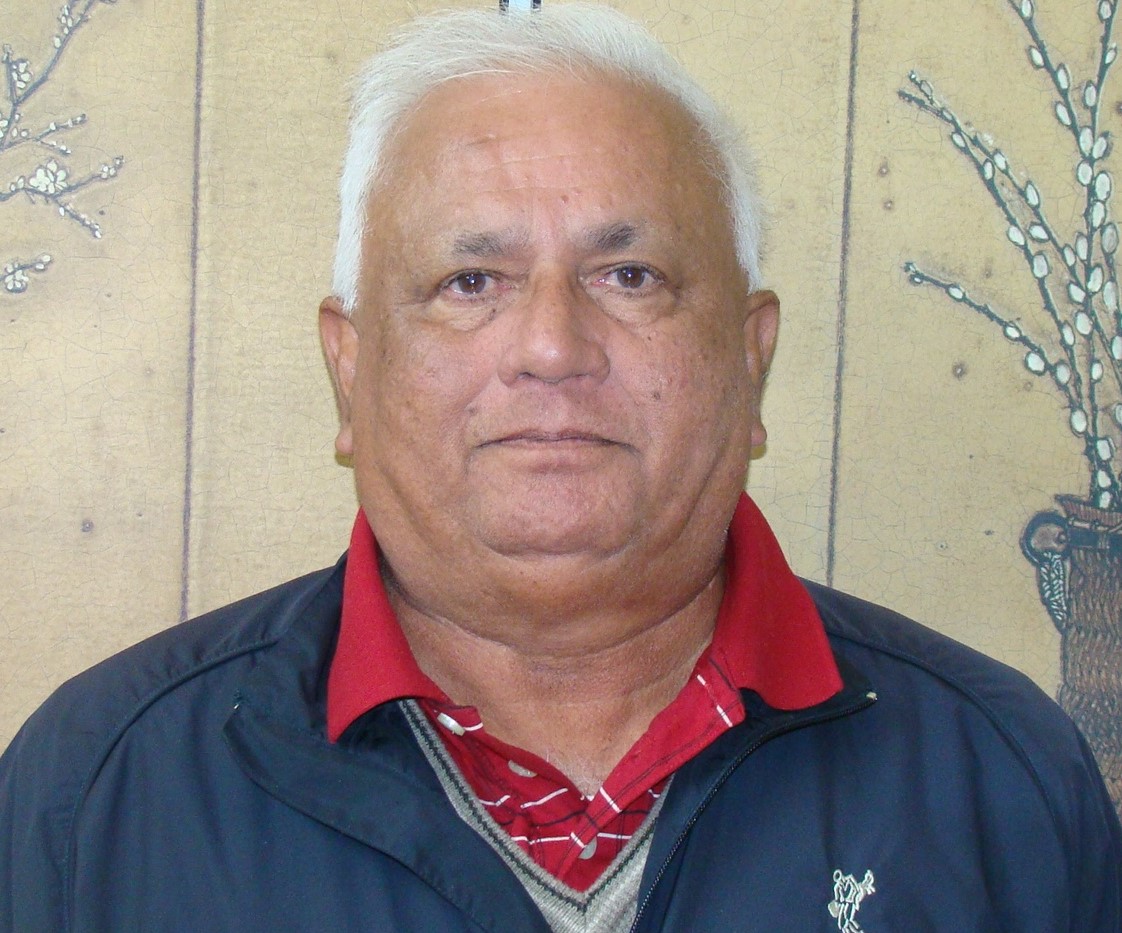After the rapid national decline, rethinking a better future is a natural reaction. The specter of imminent sovereign default has prompted an intra-elite dialogue to reimagine the Pakistani economy. It is a hopeful initiative because policymakers have lived in denial for so long.
The recognition of problems and a commitment to what we will do differently is a good start. It is essential for leaders to rise above petty institutional, personal, and individual interests to commit to genuine change. But, just "positive visions" and "romantic illusions" will not help to rebuild on sounder foundations.
The main conclusion from the dialogue is that structural weaknesses -- nepotism, ignorance, and exclusion -- condemn the country to economic stagnation. And major reforms -- better governance, eradicating incompetence, promoting education, and women empowerment are crucial for progress.
Building a dynamic and sustainable economy in a vacuum without addressing the systemic wrongs of militarism, authoritarianism, paternalism, and terrorism that plague society will not work. A drastic change in the internal workings of the state, in terms of its ideology, institutions, and economics, that has contributed to the present mess is vital. A vibrant economy needs provisions for inclusive, representative government, free and fair elections, protection of private property, and individual liberties.
As we know, it is getting increasingly difficult, if not impossible, for the ruling elite to keep a lid on the economic and social misery of the people suffering from high inflation, corruption, and injustice. Diverting attention from severe disparities by force-feeding religion and nurturing exemplary Muslims is not working.
Instead, the elite has given impetus to narrow nationalism, racism, and ethnic and religious bigotry at the expense of tolerance, diversity, peace, and human decency. Disenfranchised and marginalized people living with inequality do not have a seat on the table of power. These adverse conditions led to the disintegration of Pakistan in 1971. The threat remains ever present because of the misguided policies of the ruling elite.
Unfortunately, political machinations and institutional interference are still the norm. Unelected institutions with a unitary vision have not learned that using force to impose political solutions from above does not work. The democratic system needs flexibility and time to grow; people need space to develop political, economic, and social institutions.
The promotion of education in the absence of a commitment to enlightenment and modernity is a futile exercise. The stimulation of free thinking unencumbered by dogmas is crucial. We must prize education attainment at all levels to develop human and physical capital. State-promoted religious education is a handy political vehicle, but it will not prepare Pakistanis to compete in the global economy.
It is a fact that the central role of women in political, economic, and public life is crucial to nation-building and economic progress. Yet, it is hard to imagine a progressive gender agenda taking off in Pakistan unless women themselves propel it. In truth, state policies and lack of political have exacerbated the oppression and exploitation of women and girls.
Undoubtedly, Pakistan's economy has been devastated in the last decade. The Covid-19 pandemic and recent floods have had severe human and economic effects. Rising unemployment, anemic GDP growth, high debt, low savings, declining productivity, stagnating exports, and political instability have punctured the dreams of millions of people.
Economic recovery will need conservative fiscal policies, lower taxes, reduced defense spending, removal of subsidies and price controls, and encouragement of foreign direct investment.
In this pessimistic environment, to bridge the gap between the top one percent of the people with opportunities, power, and wealth and the rest of the populace who live off the scraps of state, leaving the rest to God or brave the dangerous journey to greener secular pastures, will require a miracle.
Even if a radical change was possible, a country so divided politically, socially, and economically has to bear the cost without tipping over the edge. It is difficult to see who will fill the leadership vacuum left by squabbling politicians with the democratic system so discredited and decency and civility missing in politics. Yet, as grim as the circumstances are, one has to believe that national recovery is possible.





